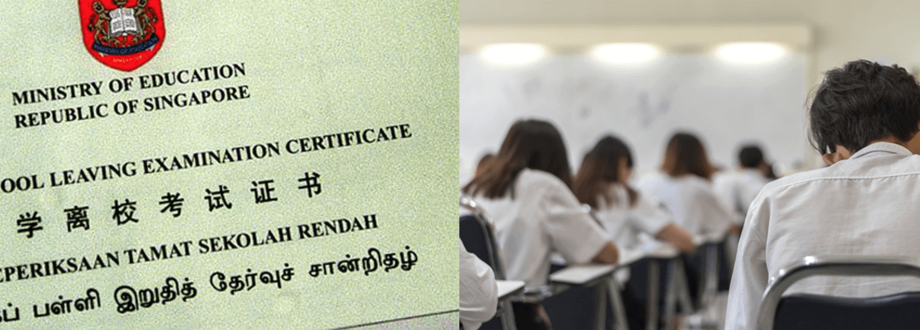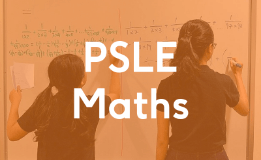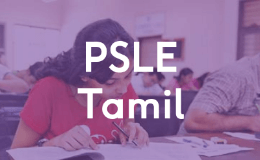For many students, the Primary School Leaving Examinations (PSLE) subjects are content-heavy and challenging to score well in. However, by knowing the requirements of each subject’s examination and their exam format, it becomes easier to attempt and overcome.
This is because you are no wonder surprised by the types of questions and you can better manage your time when doing the papers. Therefore, understanding the PSLE Subject Syllabus and Exam Formats is so important to excel in the PSLE.
Over here, we’ve gathered information from the Ministry of Education (MOE), Singapore Education and Assessments Board (SEAB), primary schools and our top tutors to give you comprehensive breakdown of PSLE subjects and their syllabuses. We have all you need to know to plan and do well for the PSLE!
 (WhatsApp)
(WhatsApp) +65 6266 4475 (Mon to Sun 9am-8pm)
+65 6266 4475 (Mon to Sun 9am-8pm)

















